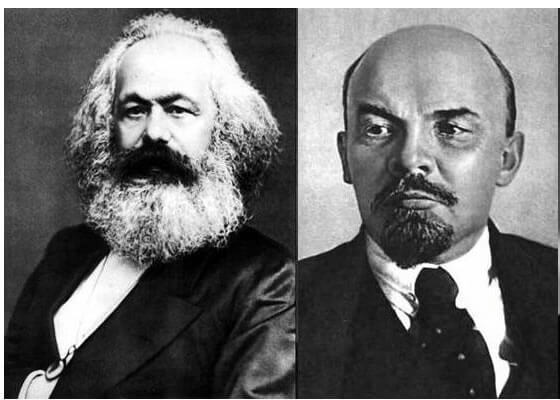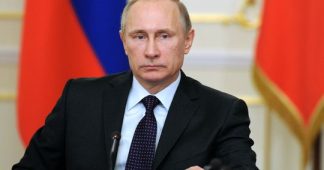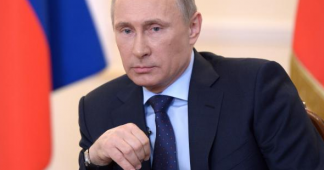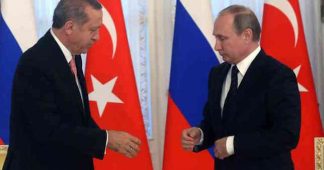By Tariq Ali
Literature shaped the political culture of the Russia in which Vladimir Ilyich Lenin grew up. Explicitly political texts were difficult to publish under the tsarist regime. The rasher essayists were holed up in asylums until they “recovered”: in other words, until they publicly recanted their views. Novels and poetry, meanwhile, were treated more leniently – though not in every instance.
The chief censor was, of course, the tsar. In the case of Pushkin, the “father of the people”, Nicholas I, insisted on reading many of his verses before they went to the printer. Some, as a result, were forbidden, others delayed, and the most subversive were destroyed by the frightened poet himself, fearful that his house might be raided. We will never know what the burnt verses of Eugene Onegin contained.
Nonetheless, politics by other means and in a variety of different registers permeated Russian fiction in a manner without parallel in any other European country.











